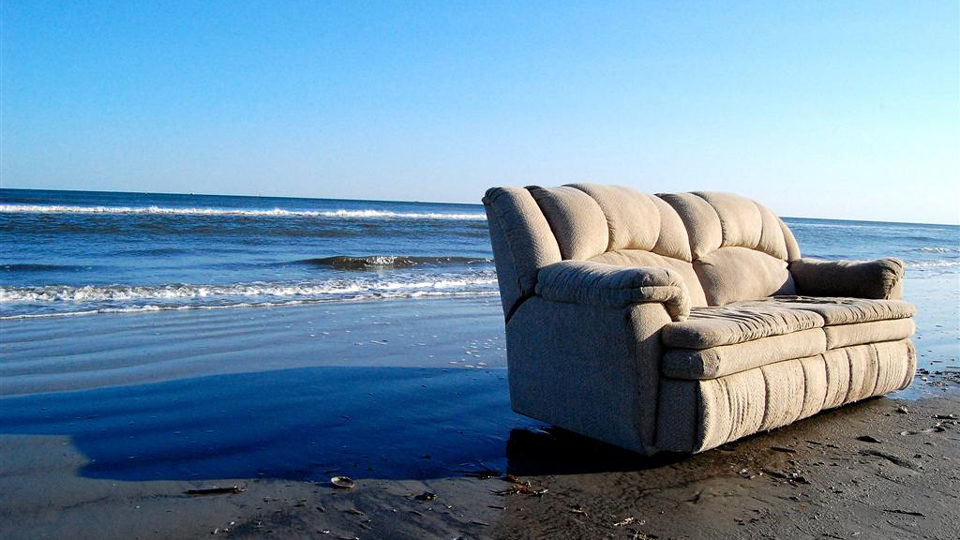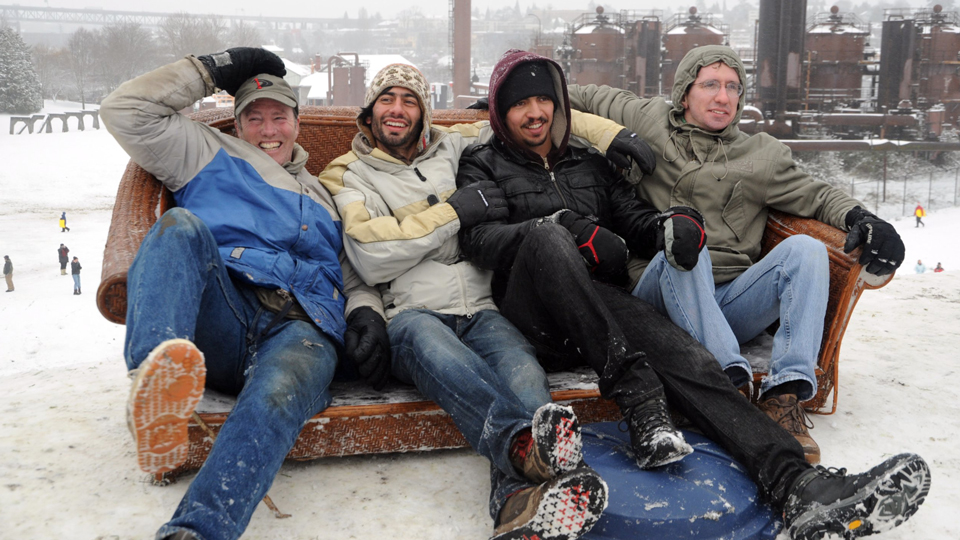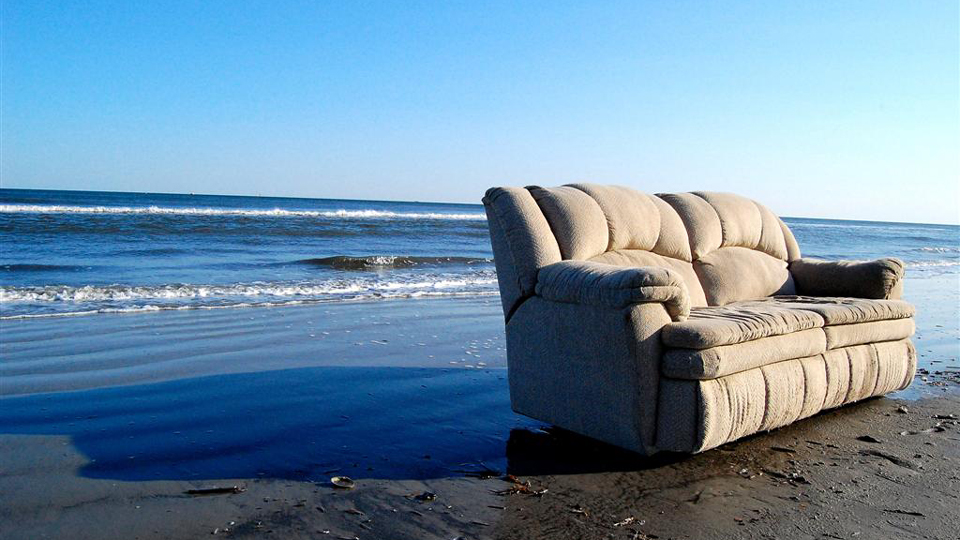
I know it’s a little bit off-putting sleeping at a stranger’s place, but hey, I’m still alive after surfing and hosting in five different countries.
There’s couchsurfing where you can go bum with a friend, and then there’s Couchsurfing. Though Couchsurfing originally started in 2004, let’s face it, the concept is as old as the three wise man hanging out in a manger thousands of years ago. (Granted, they were there for other purposes, but I digress.) Basically, the website helps surfers match up with hosts who have some spare room and are willing to let people crash—for free.
To be fair, I understand most people’s hesitation: I wouldn’t have tried the site if it wasn’t for my best friend who at the time had been using it for a while. He, more or less, introduced me to it. So in turn, let me help get you acquainted with what the site is all about.
People who join Couchsurfing are required to put up a profile online—whether you’re surfing or hosting—so others can figure out what you’re all about. Through a system of references, vouching and verification by other Couchsurfing members, it allows people to pretty much assess another person’s trustworthiness. Unlike the stereotype, most people on the site aren’t serial killers.
I have never had huge issues, whether it was surfing or hosting, probably because I like checking out people’s references. Though I usually host these days, I’ve been on and off the site since 2009. I’ve hosted at least four people and surfed with four. I’ve met countless other Couchsurfers at social functions. As a host, I generally look for someone who’s actually taken the time to read my profile and preferences. For me, it’s a way of giving back after all the people who have enabled me to see parts of the world I wouldn’t have had a chance to otherwise.
The kind of accommodation you usually get depends entirely on your host; after all, you are staying for free, so it’s good to keep your expectations low. Sometimes you can expect the floor with basic padding and blankets—perhaps even in the same room as your host if they have a studio. (The situation is usually pretty well-described on well-written profiles.)
In a few cases, I was even lucky enough to get my own bedroom; I knew a few surfers who would often seek out older hosts and couples just because of this. Despite the stereotype, there are plenty of different types of people who actively participate in the community, not just backpackers.

There is a more social aspect to Couchsurfing than Airbnb. (Wonderlane / Flickr)
It is tempting to think that free accommodation is the best benefit, but it’s really the social aspect that reigns supreme in Couchsurfing. Some hosts can be pretty hands off (“here’s a key and I work during the day”), but some totally relish giving their guests a tour around the city if they have some time available.
Occasionally, surprise! there’s even a real connection. In Taipei, I surfed with a girl from San Francisco, where I also once lived. We griped over living on the N train route together and kept up a decent correspondence for quite some time after, even later when she moved to Milan, and eventually back to California. I still consider her a friend.
That’s not to say you shouldn’t use your common sense. Back in 2009, a girl from Hong Kong was raped by her host in London—to make matters worse, she was obviously in a foreign country. One surfer of a host I knew rejected her host after he came on to her. That night, in response to the slight, he brought home a hooker. That, admittedly, is not kosher.
It definitely pays to have a few ground rules in place. Since I usually travel by myself, I try to stick to surfing with only female hosts. It’s okay to be selective. After all, this is your safety we’re talking about. Message the other person a few times. The point is, if they sound fishy, don’t continue the conversation. Let someone else know where you are planning on staying and have a plan B should something go awry unexpectedly.
(I did surf with a guy once in Hong Kong, but he had like over 50 references. It was fine.)
The worst experience I’ve ever had wass pretty mild, to be honest. The third time I surfed, I met my host, a sweet Chinese girl who had never hosted before, in Kuala Lumpur. Admittedly, R* was well-meaning, but once she led me to her rundown apartment, it was clear she had no space. I remember watching the fan whirl unmercifully in the Malaysian heat (no air conditioning) while ants crawled on the wooden floor mere inches from my face on the floor. Clearly, she was not ready to host. I also decided I wasn’t that cheap.
It was probably that moment I decided that if I ever hosted, I’d try to make my surfers at least comfortable. All this tale does is belie the many great and fantastic Couchsurfing experiences that I have had on the other end of the spectrum. It’s also really boring.
Though it may seem more worrisome for travelers, hosts are essentially taking a leap of faith (based on your recommendations!) that you’re a decent human being. We are, after all, letting you into our home and assuming that you will treat our possessions with respect.
Of course, if you’re worried or feel strange, there’s always Airbnb, where you can pay to crash at a stranger’s place at more defined lodgings. Maybe it’s weird, but I’ve used and hosted on both sites. I can also tell you that they’re both fine. But which one do I prefer?
I’ll let you in on a little secret: you can pay to stay at my apartment, but if you find me through Couchsurfing, you can stay for free. It must be because, that deep down inside, I believe everyone should have the right to travel and discover the world.
Plus, I know you’re broke.





